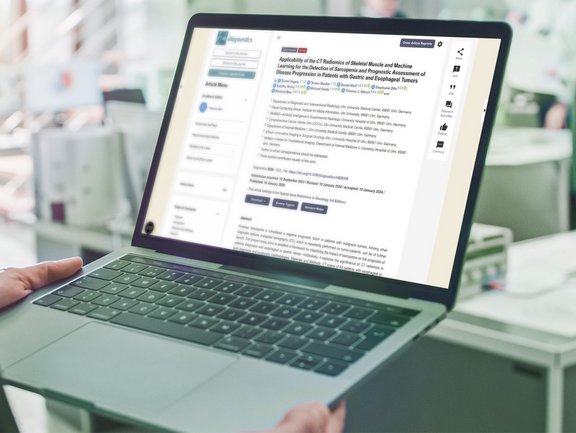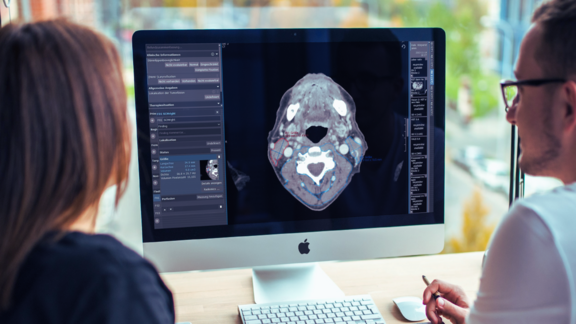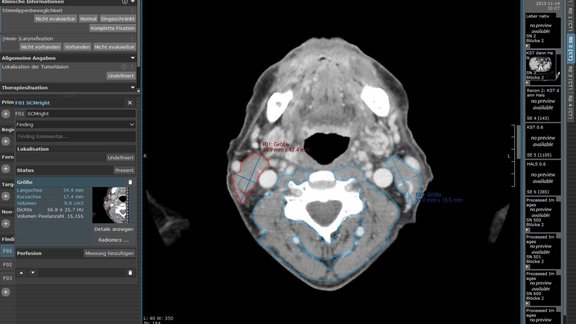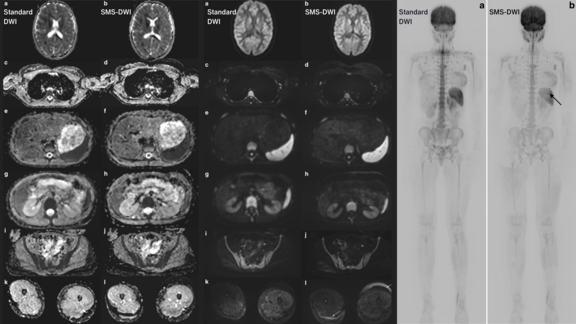Analyzing 83 patients with contrast-enhanced CT scans, University Hospital Ulm researchers tracked the prevalence of sarcopenia at different time points. They used mint Lesion™ for muscle segmentation and extraction of 85 radiomic features. These features, categorized into shape, first-order, and higher-order types, provided a detailed assessment of skeletal muscles. Machine learning models, including Random Forest, accurately predicted sarcopenia at the initial diagnosis.
While sarcopenia's link to disease progression lacked statistical significance, the study highlights CT radiomics and machine learning's potential in oncological imaging for refined diagnostics and prognostics.



